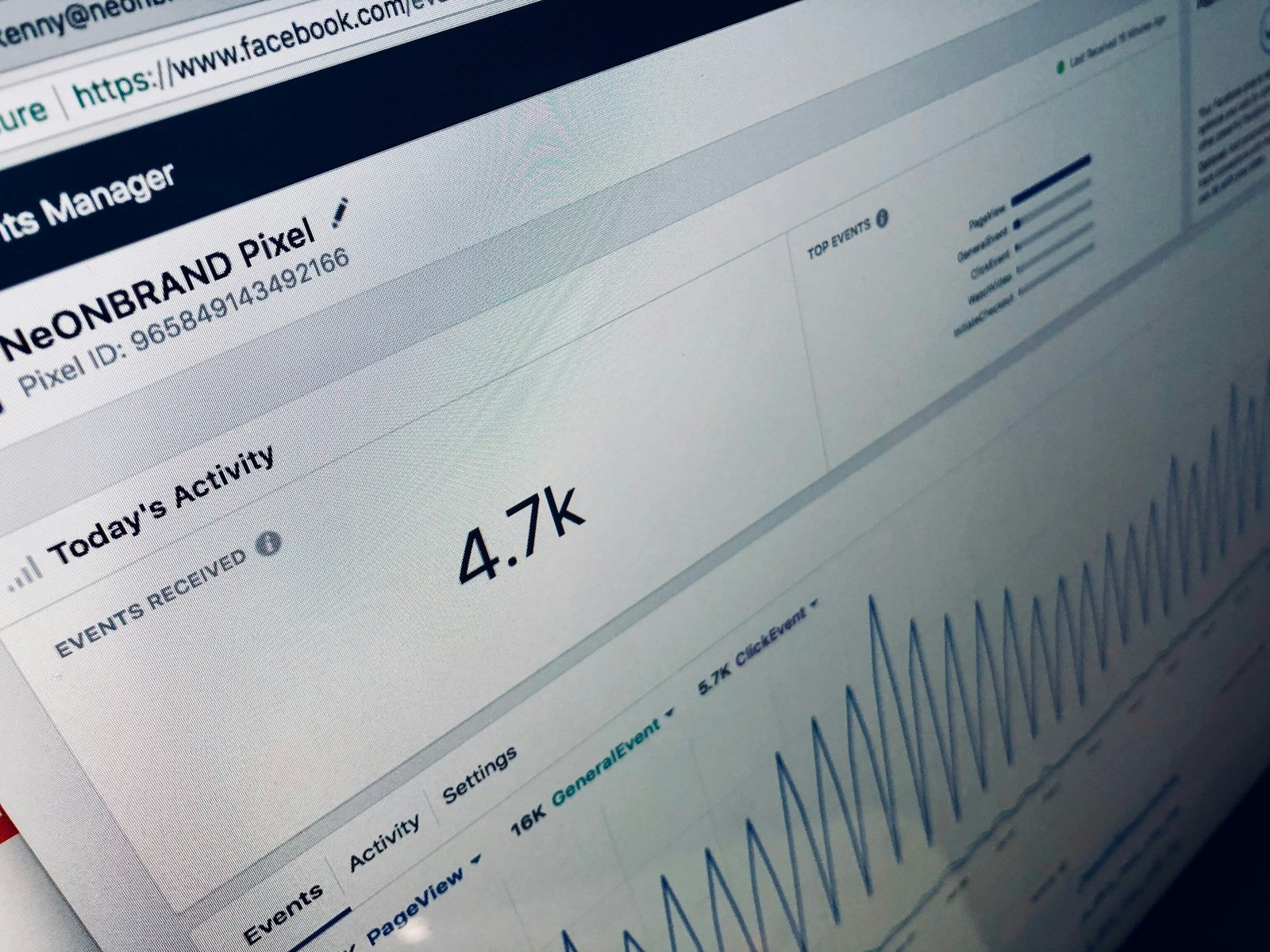The Basics of Facebook Ad Demographics
Facebook ad demographics are foundational to creating targeted advertising campaigns on the social media platform. By understanding the basic demographic categories such as age, gender, location, and language, marketers can tailor their messaging to resonate with a specific audience. This segmentation allows for the crafting of personalized ads that can improve engagement rates, click-through rates, and ultimately, conversions.
In addition to the primary demographics, Facebook also provides insights into users’ interests, behaviors, and connections. This rich data enables advertisers to reach beyond surface-level characteristics and tap into the lifestyle and preferences of their potential customers, making demographic targeting on Facebook a powerful tool for businesses of all sizes.
Identifying Your Target Audience on Facebook
Identifying your target audience on Facebook involves analyzing your customer base and defining who is most likely to be interested in your product or service. It’s essential to consider factors such as demographic data, psychographics, and past purchasing behavior. Using Facebook’s Audience Insights tool, marketers can delve into the wealth of data available to identify patterns and common characteristics of their ideal customers.

Once the target audience is identified, businesses can use this information to refine their ad targeting. For example, if the data shows that a significant portion of your audience is made up of women aged 25-34 who are interested in health and wellness, your Facebook ads can be specifically designed to appeal to this group, increasing the relevance and effectiveness of your campaigns.
Key Demographic Segments for Effective Ad Targeting
Key demographic segments for effective ad targeting on Facebook include age ranges, gender, education level, job titles, relationship status, and parental status. These segments allow advertisers to hone in on specific groups who are more likely to respond to certain types of content. For instance, targeting based on education level can be particularly effective for academic services or professional development courses, while job titles can be used to reach professionals who may be interested in industry-specific products or services.
Another important segment is geographical location, which can range from broad to hyper-local targeting. This allows for the customization of ads according to cultural, regional, or local preferences and behaviors. Additionally, combining various demographic segments can create highly specialized audience groups, enabling advertisers to run highly focused and conversion-optimized campaigns.
Utilizing Advanced Demographic Data for Enhanced Targeting
Facebook’s advanced demographic data encompasses a wide array of user information that goes beyond the basics. This includes life events, political affiliations, travel habits, device usage, and purchase history. Leveraging this advanced data empowers advertisers to create more nuanced and sophisticated ad campaigns that can resonate on a deeper level with the target audience.
For instance, targeting users who have recently gotten engaged or moved to a new city can be advantageous for businesses offering wedding services or home furnishings. Advertisers can also use this data to exclude certain demographics from seeing their ads, ensuring that their marketing budget is spent on reaching the most relevant and high-potential customers.
Best Practices for Analyzing and Applying Demographic Insights
The best practices for analyzing and applying demographic insights into Facebook advertising involve a continuous cycle of testing, learning, and refining. Marketers should start with a clear hypothesis about their audience, run targeted ads, and then analyze the performance data to validate their assumptions. It’s crucial to use both quantitative data from ad performance metrics and qualitative feedback from customer interactions.

Regularly updating your demographic targeting parameters based on campaign results can help in optimizing ad performance over time. Additionally, being mindful of privacy concerns and ethical considerations when using demographic data is essential to maintain trust and a positive brand image. By following these best practices, advertisers can create more effective Facebook ad campaigns that truly resonate with their intended audience.




